If you’ve hit your 40s or 50s and noticed you’re just not as hungry as you used to be, you’re not alone. Appetite loss during menopause is more common than most women realize, and it can leave you feeling confused or even concerned.
So is it something to worry about? The short answer: it depends. While a smaller appetite can sometimes reflect healthier eating habits, in other cases, it can signal deeper imbalances in your body.
Let’s break down what causes appetite changes in menopause, what to watch out for, and how to support your health through it all.
What Causes Loss of Appetite During Menopause?
Hormonal Shifts in Menopausal Women and Appetite
Estrogen and leptin both influence appetite regulation during menopause, affecting energy intake and even bone health (read systematic review). Estrogen, progesterone, leptin, ghrelin, and cortisol all play a role in how hungry you feel. As estrogen levels decline during menopause, this can affect leptin and ghrelin—the hormones responsible for fullness and hunger. Cortisol (your stress hormone) might also spike, especially if sleep is disrupted, which can further confuse your desire to eat. Read more on how estradiol influences appetite.
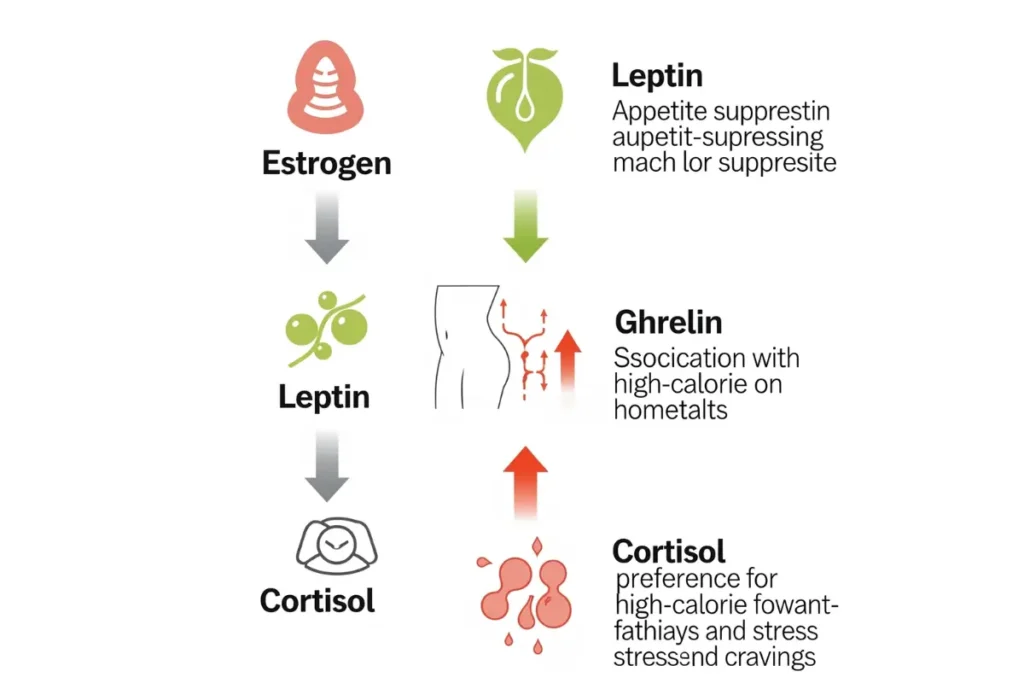
Slower Digestion, Bloating, and Reduced Appetite
Many menopausal women experience slower digestion and bloating due to hormonal changes and decreased physical activity. These shifts can make you feel full after eating small amounts, reducing your natural hunger even when your body still needs fuel. Explore common menopause-related digestive issues.
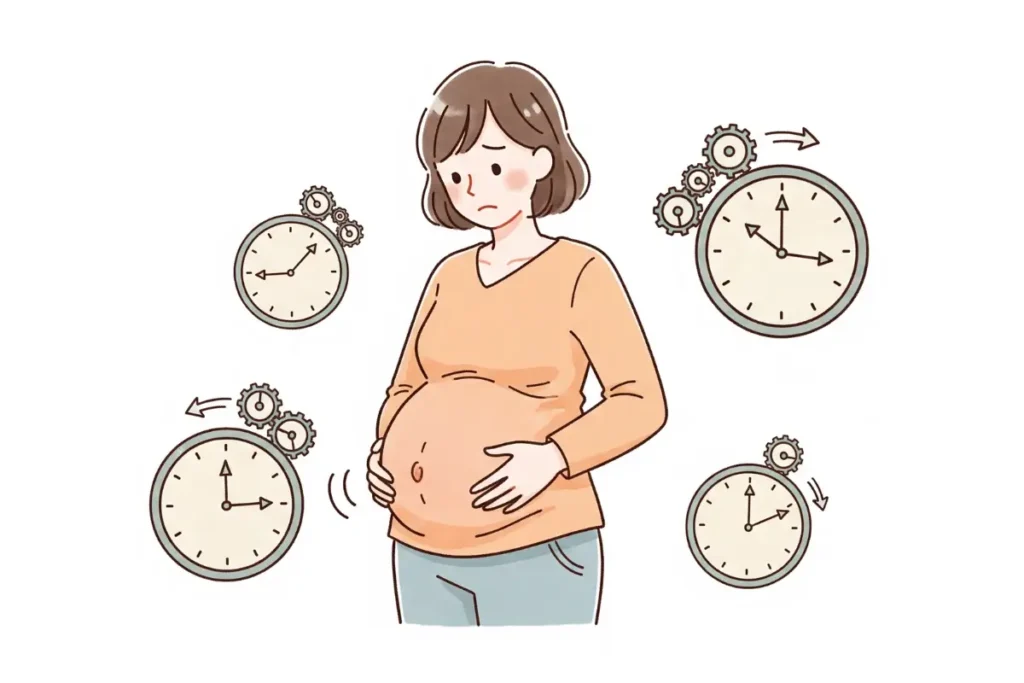
Emotional Changes and Decreased Appetite
Changes in taste and oral health during menopause can also influence eating habits and appetite (read about oral and taste changes). Mood swings, anxiety, or even mild depression can significantly affect appetite. Emotional stress is a common symptom that disrupts gut health and lowers the desire to eat, sometimes leading to unintended weight changes or health problems. Learn how depression impacts appetite.

Is Loss of Appetite Dangerous in Menopause?
Nutrient Gaps and Health Risks in Menopausal Women
Calcium and vitamin D intake are especially important for postmenopausal women to help reduce the rate of bone loss (see long-term cohort study findings). Eating too little can lead to deficiencies in essential vitamins and minerals like calcium, vitamin D, and magnesium. These nutrients are vital to prevent bone loss, maintain energy, and support brain function. A blood test can help uncover any hidden deficiencies linked to a reduced appetite. Review menopause nutrition guidelines.
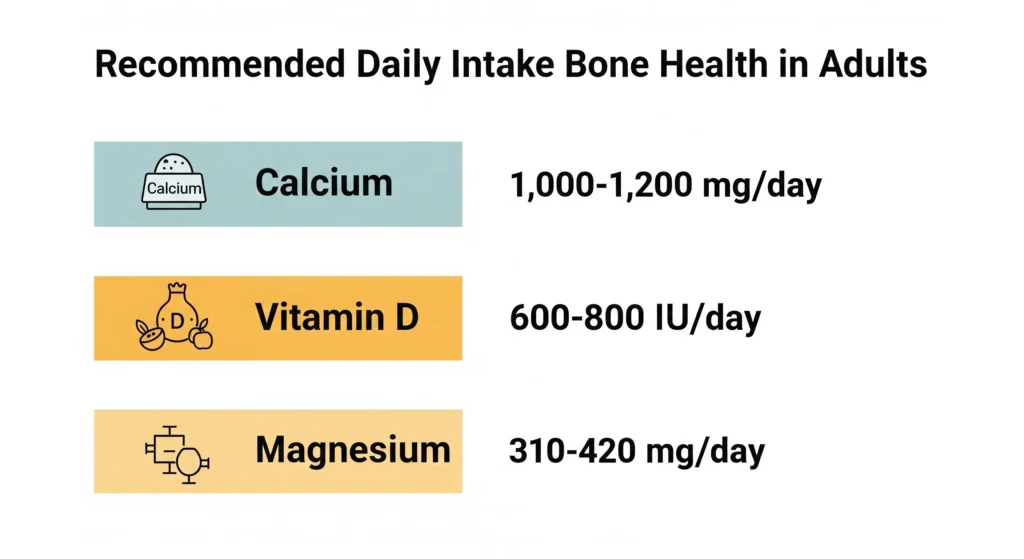
Appetite Loss, Muscle Mass, and Body Composition
If you’re consuming fewer calories and not engaging in strength training, your muscle mass may decrease. This affects your overall body composition and metabolism, which can contribute to long-term health issues and increased risk of falls or frailty. See research on anorexia of aging and gut hormones.
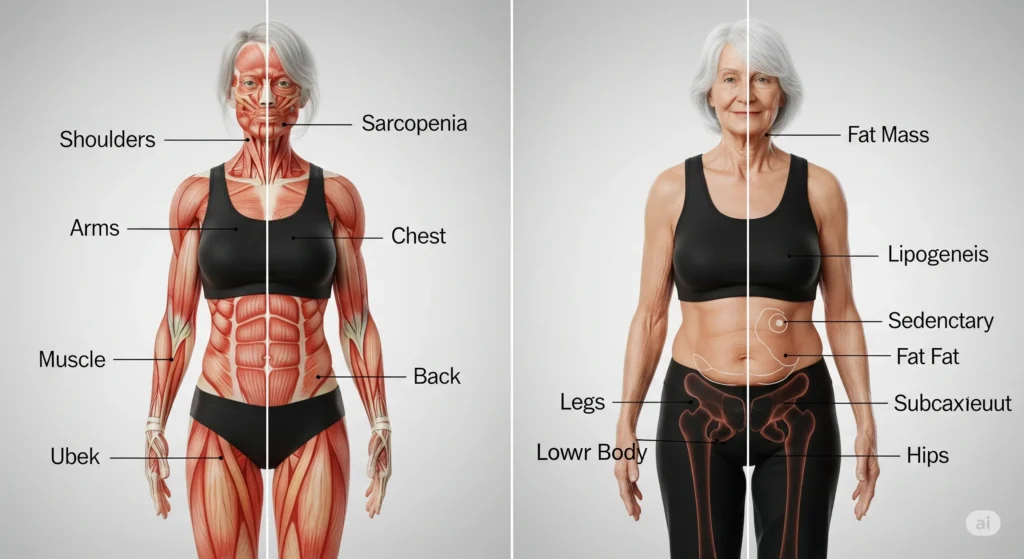
Unintentional Weight Loss or the “Skinny Fat” Effect
Some women lose weight during menopause without trying. While it may seem like a bonus, the loss might be from muscle rather than fat. This leads to the “skinny fat” situation—where your weight is down, but your health risks go up due to imbalanced body composition.
Explore evidence-based nutritional guidelines for women 40+
Appetite Loss vs Mindful Eating in Midlife
Understanding Normal Decreased Appetite in Menopause
If you’re still eating nutrient-rich meals and feeling energized, a naturally smaller appetite could reflect your body’s adaptation to lower energy needs. Being physically active and making mindful food choices can be part of healthy aging.
Callout: Experiencing changes in appetite, cravings, or eating patterns? Explore emotional eating during menopause explores how menopause can impact your relationship with food and even contribute to disordered eating — an essential read for understanding emotional eating during menopause.
When Decreased Appetite Signals a Problem
Be alert if you notice:
- Ongoing fatigue
- Unintentional weight loss
- Health problems like dizziness or weakness
- No interest in fruits and vegetables or once-favourite foods
These may indicate underlying medical conditions that need attention. Explore appetite changes with aging.
When to See a Doctor About Appetite Issues
In rare cases, hormonal disruptions that influence appetite may be linked to receptor changes seen in illness and menopause (see hormonal receptor study). If a reduced appetite lasts more than a few weeks or you experience other health concerns, consult your doctor. A full check-up—including a blood test—can rule out thyroid disorders, gut imbalances, or medication side effects that commonly impact menopausal women—hormonal imbalance symptoms overview.
How to Eat Well Despite Appetite Loss in Menopause
Try Small, Protein-Packed Meals to Increase Appetite
Eating smaller meals more often can help stimulate a healthy appetite. Focus on protein sources like eggs, Greek yoghurt, or legumes to maintain muscle and manage body composition. These meals are especially helpful if you’re hitting a weight loss plateau. Tips to overcome midlife weight loss plateaus.
Choose Anti-Inflammatory Snacks to Fight Health Issues
Snacks like nuts, berries, fruits and vegetables can help reduce inflammation linked to hormonal changes. They’re also easy to digest if your appetite is low. See top nutritional tips for women 40+.

Stay Hydrated to Support Hunger Signals
Dehydration is a sneaky culprit behind appetite loss. Drinking water or herbal teas throughout the day can improve digestion and make you more aware of natural hunger cues—hydration guidance from the NHS.

Move Gently to Stimulate Appetite Naturally
Being physically active—even with light activities like walking or yoga—can help increase appetite. Strength training, in particular, helps prevent muscle loss and keeps your metabolism working efficiently. Coping strategies for appetite changes.
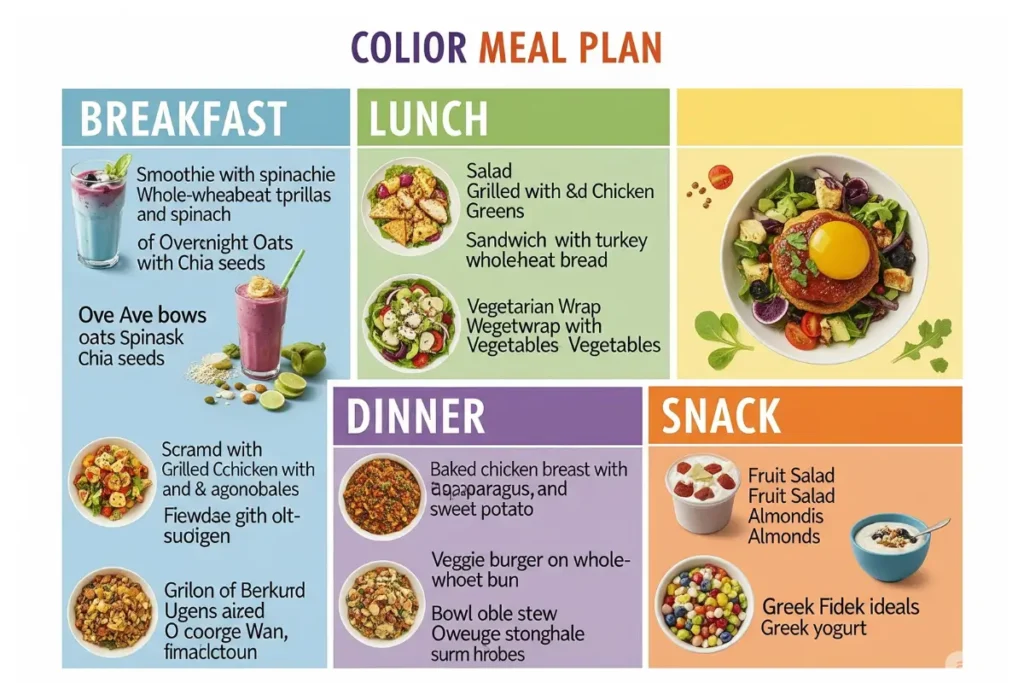
FAQS For Menopause and Loss of Appetite
Conclusion: Honor Your Hunger, Embrace the Transition
Menopause is a significant phase in every woman’s life, and its impact on appetite is just one of many shifts your body may go through. The key is not to panic, but to stay aware. Loss of appetite may be normal, or it could signal a need for medical or nutritional attention.
By understanding the hormonal, emotional, and physical reasons behind your symptoms, you’re better equipped to support your health. Nourish your body with small, protein-rich meals, stay active in gentle ways, and don’t underestimate the importance of hydration and micronutrient balance.
And if something feels off? Speak up. Seek help. Whether it’s a doctor, a nutritionist, or even a support group, connection and information are your best tools.
Stay informed, stay nourished, and remember: you’re not alone on this journey. With the right care and curiosity, you can thrive through this transition and come out stronger, more in tune with your body than ever before.